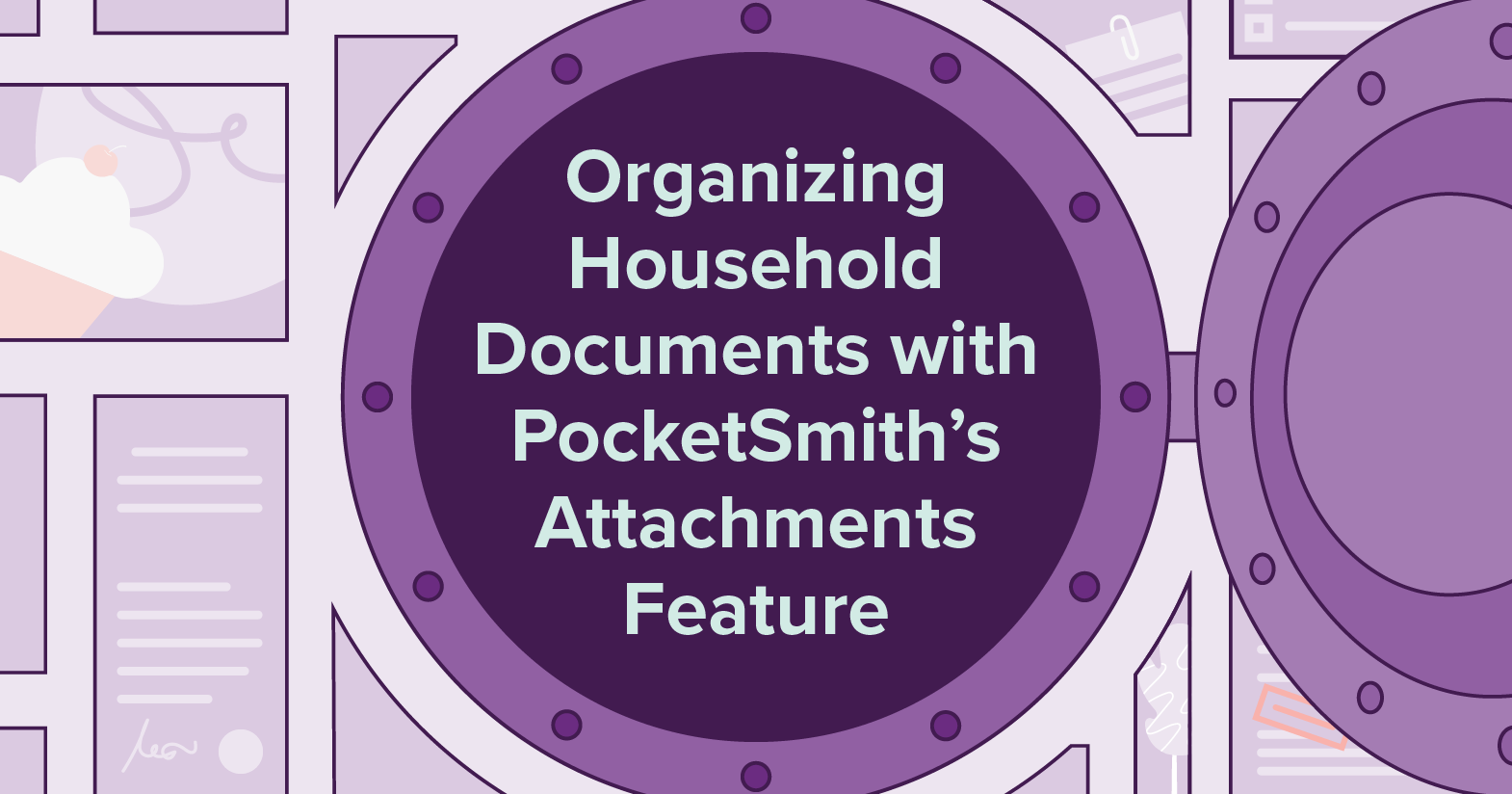The second quarter of the year means many of us are facing tax time. Whether your financial year ends in April or June, it’s a hectic period for anyone who shares our inherent fear of taxes. Seriously, why am I so scared I’ll get in trouble when I literally bend over backward to adhere to the rules?
The point is, tax time is stressful. There’s the admin stress of getting your receipts in order, filling in the documentation, and actually filing the thing. But there’s also the mental and emotional stress that comes with our annual financial obligations.
If you too find tax time more anxiety-inducing than an impending mercury retrograde, here are some stress management tips to give you a little tax time chill.
1. Be honest: What are you actually afraid of?
Very few people love tax time, but it pays to get clear on what you’re actually afraid of. Sometimes there’s a deeper layer to it than we realize.
Yes, filing your taxes can be an admin headache. But there could be more contributing to that icky feeling. Annual tax compliance can make you acutely aware of your financial habits and behaviors, and that can be confronting.
Are you nervous to face the real figure of how much you made this year for fear of feeling like you’ve nothing to show for it? Perhaps you’re fearful of getting a tax bill because it exposes errors in your money management system. Or maybe looking at your annual income and expenses brings up all kinds of comparisons or feelings of inadequacy around how much money you make?
Money avoidance is common, and it can carry a lot of shame. Facing up to your fears around tax time can tell you a lot about your overall relationship with money. Awareness is the first step to tackling change.
2. Separate threats into real and hypothetical
Now you’ve an idea of what’s keeping you up at night, we can start to work on taking action. List out all your fears and break them down into threats that are real, and threats that exist only in your mind.
Even the fears that seem real — like getting an income tax bill you can’t afford — aren’t actually real until they happen. By bringing your attention to all the fears that exist in hypotheticals, you can cut through the noise and see that you’re stressing over something that hasn’t happened yet. This can motivate you to take action toward finding out if it’s something you really need to deal with or not.
3. Break the task down into manageable chunks
One very real fear you might have is that you’re too busy to sit down and do your taxes — it genuinely can mean admin that doesn’t fit into your schedule. But the benefit of those real fears is that we can actually do something about them.
Breaking the task of your taxes down into manageable chunks can reduce that feeling of overwhelm when you’re looking at the task as one big beast. Break it down into smaller steps that you feel less stressed about tackling.
4. Set aside time to do small tasks
With those small tasks, take a hot tip from author of Atomic Habits, James Clear, and set aside a date and a time to do them. All too often we make bold promises in our head with no specificity. This means we’re subconsciously leaving the task at the bottom of our priority list. If anything else can distract us, the task won’t get done.
Setting a time and a date to do the small tasks helps keep you accountable and increases the likelihood of actually following through.
5. Build positive goal-setting into your tax routine
Doing your taxes can feel like a thankless task — especially if you wind up with a bill. It makes sense why you wouldn’t be motivated to start. To help make the experience a more positive one, factor in a positive goal-setting session at the end and use it as an anchor point in your year. Think about where you dream of being by next tax time to bring a sense of hope and possibility to the experience.
Staying organized at tax time
Keeping things organized can make tax time so much easier and prevent stress from reaching overwhelming levels. PocketSmith can help make tax time a breeze by giving you complete visibility over your transactions, and allowing you to tag and note-take on different transactions to help with record keeping throughout the year.

Emma Edwards is a finance copywriter and blogger, on a mission to humanize the financial services industry by creating meaningful content that’s accessible and empowering. You’ll find her penning money tips at her blog, The Broke Generation, sharing financial insights on Instagram, or injecting life into content for her business clients.







